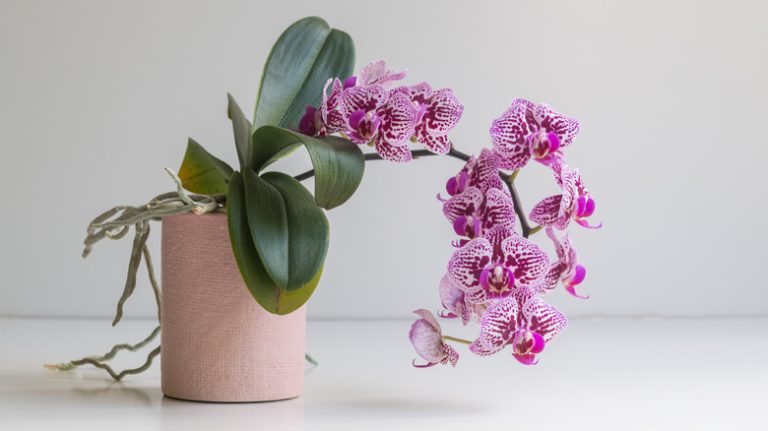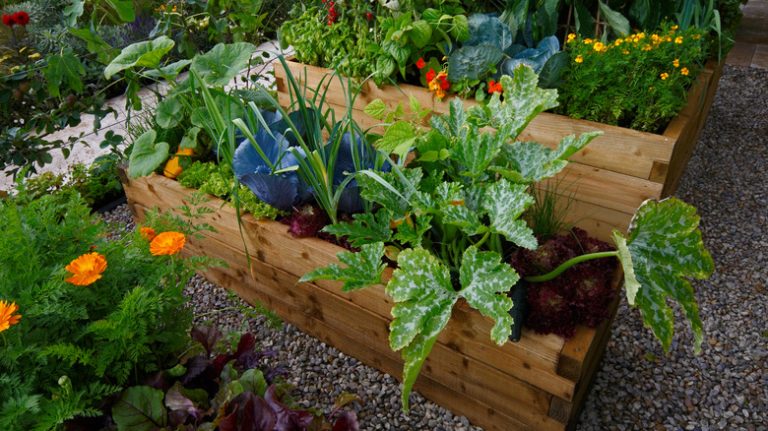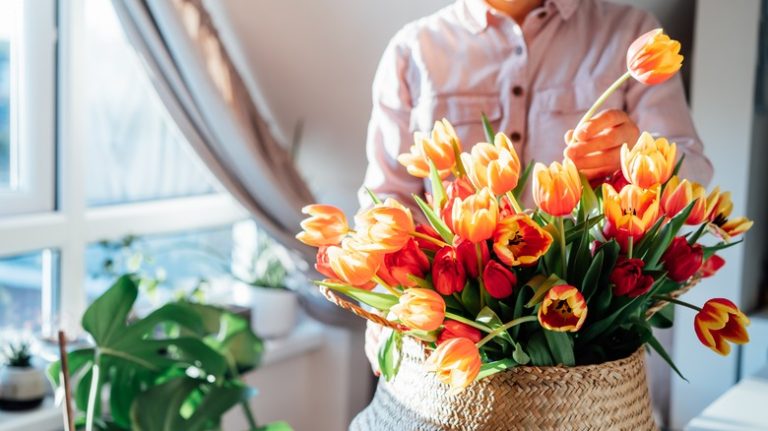Sci-fi and futurism are at the core of many consumers’ lives, from the movies and books we read to home furnishing designs and the introduction of new technology like Artificial Intelligence (AI). Even gardeners can expect to see this trend touching their gardens in 2024 based on The Garden Media Group’s 23rd annual trend report. Determined over the course of a year from detailed research and conversations with industry experts, Garden Media Group has predicted seven trends for next year; the coined term Hortifuturism is catching a lot of attention –- and yes, it’s pretty much exactly how it sounds.
Hortifuturism will embrace a sci-fi look in the garden, featuring neon colors, metallic hues, unique forms, and innovative types of gardens that will give people optimism for the future of botanical life in the midst of things like climate change and habitat loss happening around the globe. Biophilic design became heightened in interiors in 2024, but the trend has remained strong over the years. And it seems we can only expect these designs to continue to evolve and influence our spaces.
What is Hortifuturism?
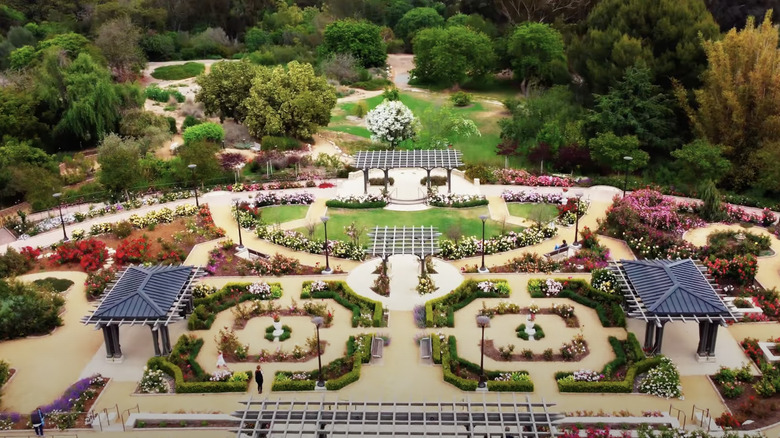
Youtube
Hortifuturism is a new term founded by the Garden Media Group in their recent 2024 trend report, which explains that gardens and botanical design will drift towards a futuristic and science-fiction approach. This includes a broad scope of colors and patterns, including neon hues, metallic tones, and avant-garde forms. Unusual and unique plants will start to become more desirable as people search for specific traits of innovative shapes like orbs and sharp features, unique vining and veining, and eccentric pigments.
South Coast Botanic Garden’s “Astra Lumina” display in LA and Philidelphia’s Flower Show are prime examples of the bright and ethereal direction gardening is taking. Additionally, night and survivalist gardens fall into the category of Hortifuturism. Night gardens are meant to be enjoyed after dusk and feature plant life that shines best in the moonlight or blooms after sundown, often white and silvery foliage that takes on an illuminated and glowing effect under a starry night. These flowers tend to be very fragrant and attract nocturnal pollinators like bats, moths, and beetles. Survivalist gardens are grown with the intention of being self-reliant on your own plants like medicinal herbs, spices, and other homegrown foods. It’s a way of drawing back from dependency on other sources to provide ourselves with the sustenance and essential items we use on a daily basis.
Creating your own Hortifuturism garden
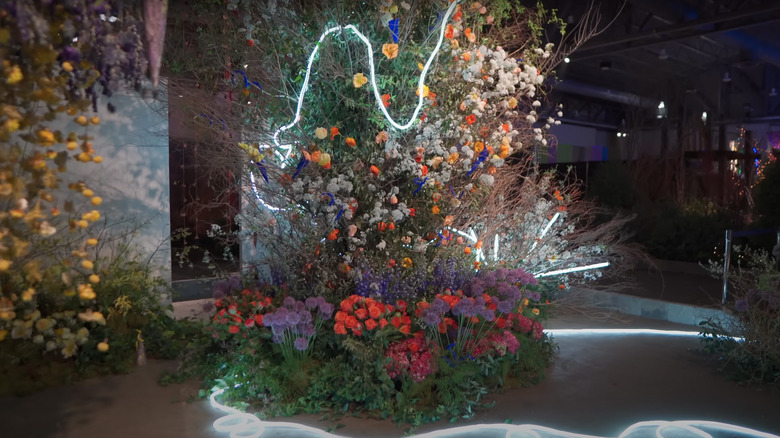
Youtube
After learning about the new phenomenon of Hortifuturism, it’s hard not to feel the excitement of divulging this trend yourself. Finding the right plants to fit the eccentric and other-worldly traits may initially seem challenging, but many different flowers and plants are waiting to join your sci-fi garden this upcoming spring. Some botanical life that takes on an extraterrestrial-like appearance includes flowers like the Osteospermum ‘White Spoon,’ a white and purple flower with slender petals that bubble at the ends – looking like a spoon. The crested euphorbia cactus with its wavy fan-like shape and the ‘Sterling Moon’ Lunar Lights Begonia with its silver, pointed foliage are just a few more to consider.
The moonflower is a bright white blossom that opens up at night and illuminates in the dark, entering the night garden category. The ‘Queen of Hearts’ Brunnera is a dark silver heart-shaped plant with intricate veining just waiting to be admired in the moonlight. Forget-me-nots, Baby’s Breath, and Silver Bullet are the perfect night garden accent flowers. We can’t forget to add in some neon lights and bright flowers like the Gentians Gentiana Verna or display the lime green foliage of a Neon Pothos. If a survivalist garden is more up your alley, experiment with medicinal herbs alongside your favorite fruits and vegetables. Chamomile, lemon balm, marigolds, and Echinacea are just a few. We commonly use many spices in our kitchens that can also be administered as first aid.

